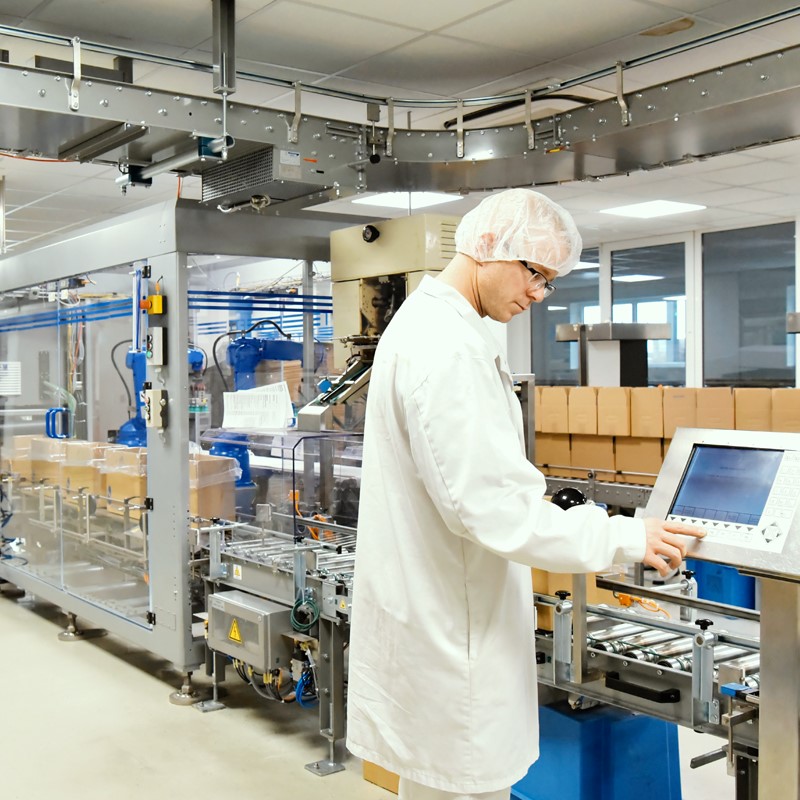Change Management in chemical companies
Due to the nature of its processes, the chemical industry is highly technical. This is reflected in the profile of managers, starting with the shift supervisor. Technical know-how will continue to be a key requirement in the future. At the same time, new generations of employees have different expectations regarding work and management cultures, which offers a lot of potential for improvement.
For example, practical experience shows that broad employee involvement in issues such as finding and eliminating the causes of errors is reflected in the speed and practicability of solutions. Involving employees in workplace design (5S, AM) pays off in terms of acceptance and sustainability. Collaborative behavior in regular meetings such as the morning meeting leads to better decisions and greater satisfaction. Managers play a very central role in shaping the new culture, as the standard they set sets the framework for employees to a certain extent. Actively accompanying and supporting this change process is the core of Change Management projects, which are often set up to accompany the technical issues.
Providing targeted support for change processes and making them successful
A key success factor here is management development. For example, first line leaders (shift supervisors) in the chemical industry play a key role in shaping the commitment, motivation, and culture of their teams. Shift leaders are often selected because of their ability to be the "best plant operator". Providing targeted support here to develop practical leadership know-how pays off quickly.
In the same way, "high impact moments" such as regular meetings, gemba walks etc. offer the opportunity to experience the new leadership culture. They also provide an opportunity to experience the new leadership culture. Practical support in the moment is particularly important in the transformation process in order to change leadership in real life. As with technical topics, it is a good idea to develop internal experts, so-called “change agents”. These provide targeted support for the transformation, for example as sparring partners for managers.
CLIENTS
CONTACT
Further services for the chemical industry






![[Translate to English:] ROI Case Studie - Digital Twin](/fileadmin/_processed_/6/1/csm_roi-casestudy-digital-twin_3c8c268a58.jpg)

![[Translate to English:] Warehouse 4.0, Intralogistik 4.0, Logistik](/fileadmin/user_upload/intralogistik-2030-roi-beratung.jpg)






